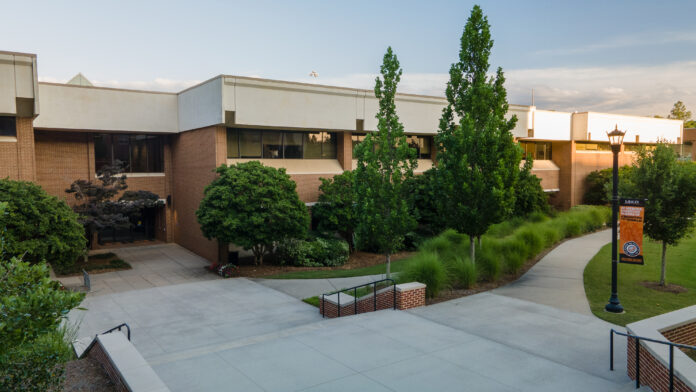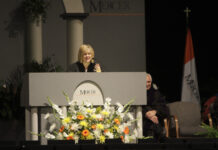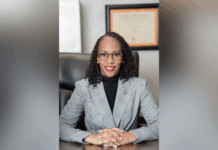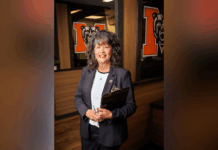MACON — Mercer University School of Medicine will host Justin S. Romney, Ph.D., LMFT, as part of the 2024 Armour Lecture Series. Co-hosted with the Georgia Association for Marriage and Family Therapy, this annual event highlights current topics in marriage and family therapy and is open to students, faculty, staff and community members.
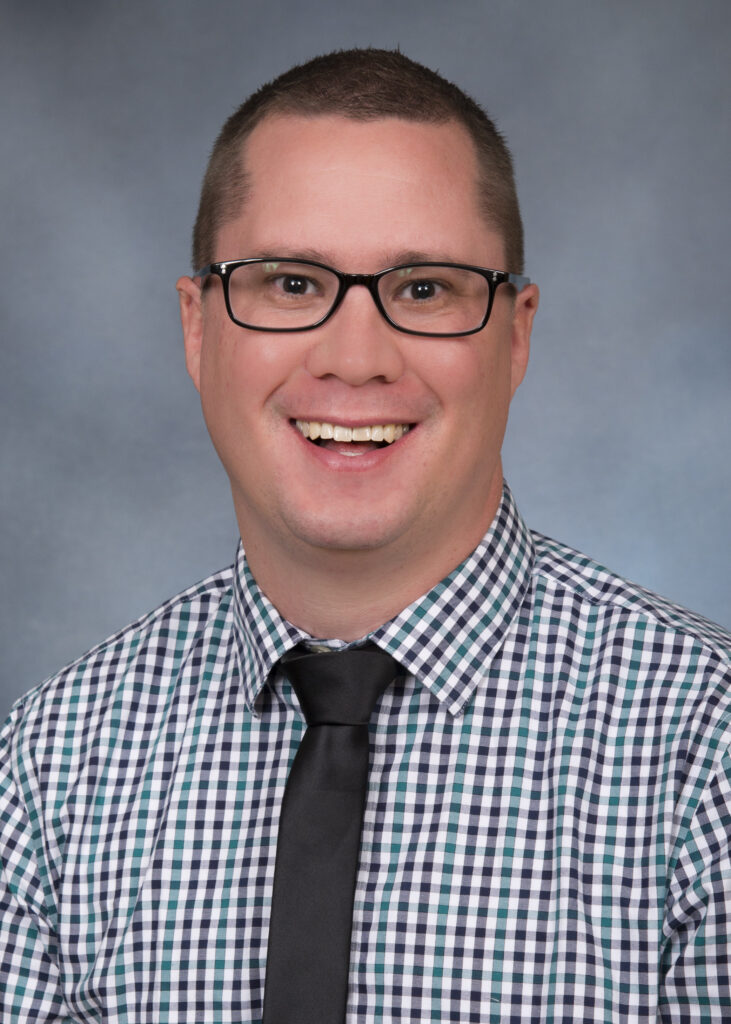
This year, guest speaker Dr. Romney will present his lecture “Becoming a Neurodivergent Affirming Marriage and Family Therapist” in the medical school auditorium on Oct. 25. The event begins at 9:30 a.m. and continues until 4:30 p.m., with a break for lunch. Tickets are available online.
“The Georgia Association for Marriage and Family Therapy and School of Medicine have a long-standing partnership and a shared commitment to provide exceptional education and training opportunities for students and members throughout the state,” said Elizabeth Bizzell, LMFT, a therapist at Mercer Medicine, faculty member in Mercer’s Master of Family Therapy program and vice president of the Georgia Association for Marriage and Family Therapy.
“The Armour Lecture Series is a wonderful opportunity to connect with fellow clinicians and students and to stay informed about important topics in our field. I look forward to Dr. Romney’s expertise in the area of neurodivergence and how this can inform our practice.”
Students in Mercer’s Master of Family Therapy program will attend the lecture and receive an extra half day of training about how to support clients and families on the topic of neurodivergence. Dr. Romney was invited to speak to align with the School of Medicine’s new Children’s Healthcare of Atlanta Marriage and Family Therapy Scholarship, which provides scholars with specialized training in autism through a partnership with the Marcus Autism Center.
About the Armour Family Lecture
The Armour Family Therapy Lecture series is made possible by a gift to Mercer University School of Medicine from retired faculty members Drs. Mary Anne and Rollin Armour, made upon their retirement in 1998. Dr. Mary Anne Armour came to the School of Medicine in 1982 when the first medical school class entered. She retired as associate professor in 1998. While at Mercer, she established with colleagues the medical student program in family and psychological issues and served as co-director of the master’s program in family therapy, which she founded at Mercer in 1983. Dr. Rollin Armour, former dean of the College of Liberal Arts and Sciences, retired in 1998 as professor in the Department of Christianity, College of Liberal Arts and Sciences. The Armours were generous supporters of the University and were named Life Members of The President’s Club in 2005.
About Mercer University School of Medicine (Macon, Savannah, Columbus and Valdosta)
Mercer University’s School of Medicine was established in 1982 to educate physicians and health professionals to meet the primary care and health care needs of rural and medically underserved areas of Georgia. Today, more than 60% of graduates currently practice in the state of Georgia, and of those, more than 80% are practicing in rural or medically underserved areas of Georgia. Mercer medical students benefit from a problem-based medical education program that provides early patient care experiences. Such an academic environment fosters the early development of clinical problem-solving and instills in each student an awareness of the place of the basic medical sciences in medical practice. The School opened additional four-year M.D. campuses in Savannah in 2008 and in Columbus in 2021, and a clinical campus in Valdosta in 2024. Following their second year, students participate in core clinical clerkships at the School’s primary teaching hospitals: Atrium Health Navicent The Medical Center and Piedmont Macon Medical Center in Macon; Memorial Health University Medical Center in Savannah; Piedmont Columbus Regional Hospital and St. Francis Hospital in Columbus; and SGMC Health in Valdosta. The School also offers master’s degrees in preclinical sciences and family therapy and Ph.D.s in biomedical sciences and rural health sciences.

